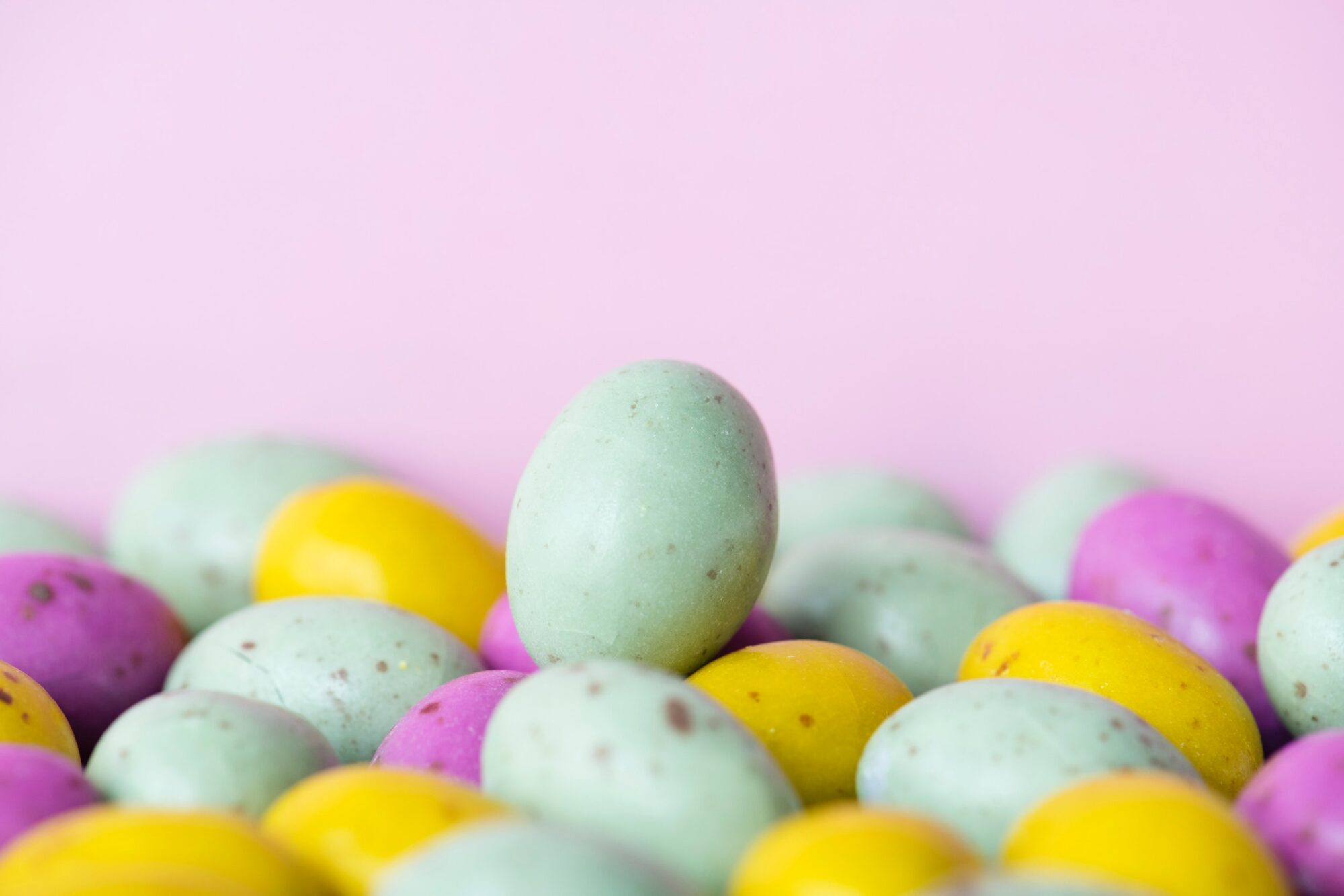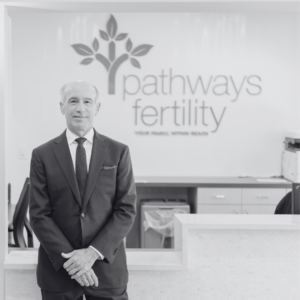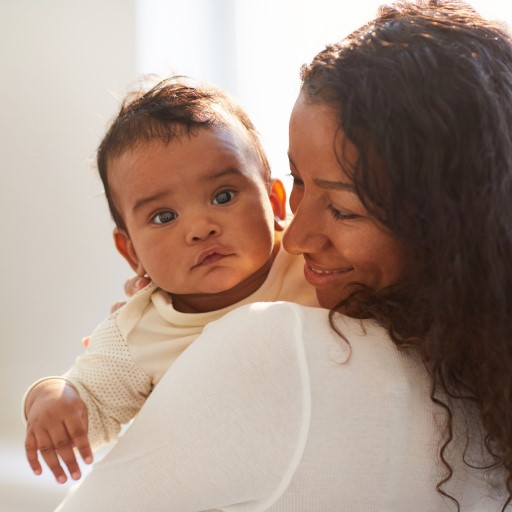About ten percent of all the happy babies you see after IVF are from donor eggs.
This is usually not public information, as it is a private matter. Parents rarely tell friends and often not relatives.
Therefore it is difficult to get a direct perspective from your friends or acquaintances who may have considered the use of a donor eggs.
Issues surrounding using donor eggs are complex and vast. For couples considering this option, the biggest hurdle is the decision to give up on a woman’s own eggs. The natural desire to have one’s own biologic offspring is paramount. Sometimes this desire, however, runs headlong into low odds of success with infertility treatment including IVF.
Even at an affordable clinic like Pathways Fertility, the cost of having a decent chance for success with IVF when the woman is in upper age brackets — or is younger with diminished ovarian reserve — can be prohibitive.
Although the cost of using donor eggs is considerable, the success rates are excellent. A 50 to 60 percent success rate when using donor eggs sounds a lot better than five to ten percent when utilizing IVF with a low ovarian reserve or at a older age.
Since additional embryos can be frozen and provide an additional chance to conceive, odds for success can be 75 percent or higher. With the use of egg banking, the cost of being an egg recipient has been dramatically reduced.
Making the mental transition to using donor eggs can be compared to opening a door that was once seemingly locked. For those couples who are faced with a changing reality and are considering donor eggs, “Having Your Baby Through Egg Donation” by Ellen Glazer and Evelina Sterling (Perspectives Press) is an excellent resource. It confronts complex personal issues, as well as the medical concerns faced by potential egg recipients. The following excerpt is condensed and used with permission of the authors.
You are at a crossroads in your journey toward parenthood. You can either travel down the road of egg donation or you can choose another path. Pause and consider all of the choices. Assuming you are part of a couple, turn to your companion and to remind yourselves that you must come to decisions that will work for both of you and for your relationship from now and into the future as a family. Like all travelers you should plan well for the journey. In struggling with infertility, you have probably already observed that as reality changes, so does your perceptions of the options. How many couples thought, “I’ll never do IVF?”
By now many of you are veterans of IVF cycles. As you travelled down one path, you discovered that options which once seemed daunting or disturbing actually have become attractive. It is easy to think that you will never do this, or never do that, but as your reality changes, so do your decisions. Remember that not yet does not mean never. Listen carefully, talk openly about your concerns. Most couples facing decisions about using donated ova, find that one partner is ready to consider this alternative path before the other. When this happens, the person who wants to move forward is often upset or impatient with the one who says, “I’m not ready’ or ‘We need to try… again.”
This is not necessarily a bad thing. In fact, we have found that couples have a way of balancing each other. One of you may be eager to explore egg donation in part because you know that your partner will slow you down and help insure that you make a wise, careful decision. Similarly, you who are trailing can afford to take it slowly because you know that your spouse is well prepared to take the lead.
You and your partner have different histories as well as a shared one. Inevitably, decisions about using donated eggs or adoption will be shaped by your past. If your favorite cousins were adopted, you will have one set of associations about adoption. If the worst troublemaker in your school was adopted, you will have different notions about people who joined their family by adoption.
Surely you will feel loss and grief along the way. After all, things are not working out the way you had hoped or expected. However, if you remember that using eggs from a 25-year-old gives you the better chance to have biological child than you have ever had, you can begin to see a positive side to this process.
Nonetheless, you are experiencing loss – loss of the hoped for spontaneous conception, loss of money, loss of emotional and physical energy already invested, loss of time. Be prepared for the continuation of a journey – that involves loss and grief and ever unfolding new realities. You will discover the rewards that come from being able to accept loss, to grieve, and then to celebrate your new realities.
Sometimes the choices we make turn out to be less than ideal for the prospects for fertility. It is inevitable that you will look back and contemplate how things could have been different if only you had made a different choice. Try to be gentle and considerate remembering that you did the best you could with the information you had at the time. Look forward and try to see things as clearly as possible with hope.
Donor eggs can be considered a back-up plan to IVF. Only you can decide where it fits into your journey.
Update: We now also offer Natural IVF and Mini Stim IVF, which are frequently excellent options to consider for women with diminished ovarian reserve. These are excellent alternatives to donor eggs when you are not ready to go that route.
To contact our office or make an appointment to discuss the if Natural IVF, Mini Stim IVF, or using donor eggs is a good path, click here.






